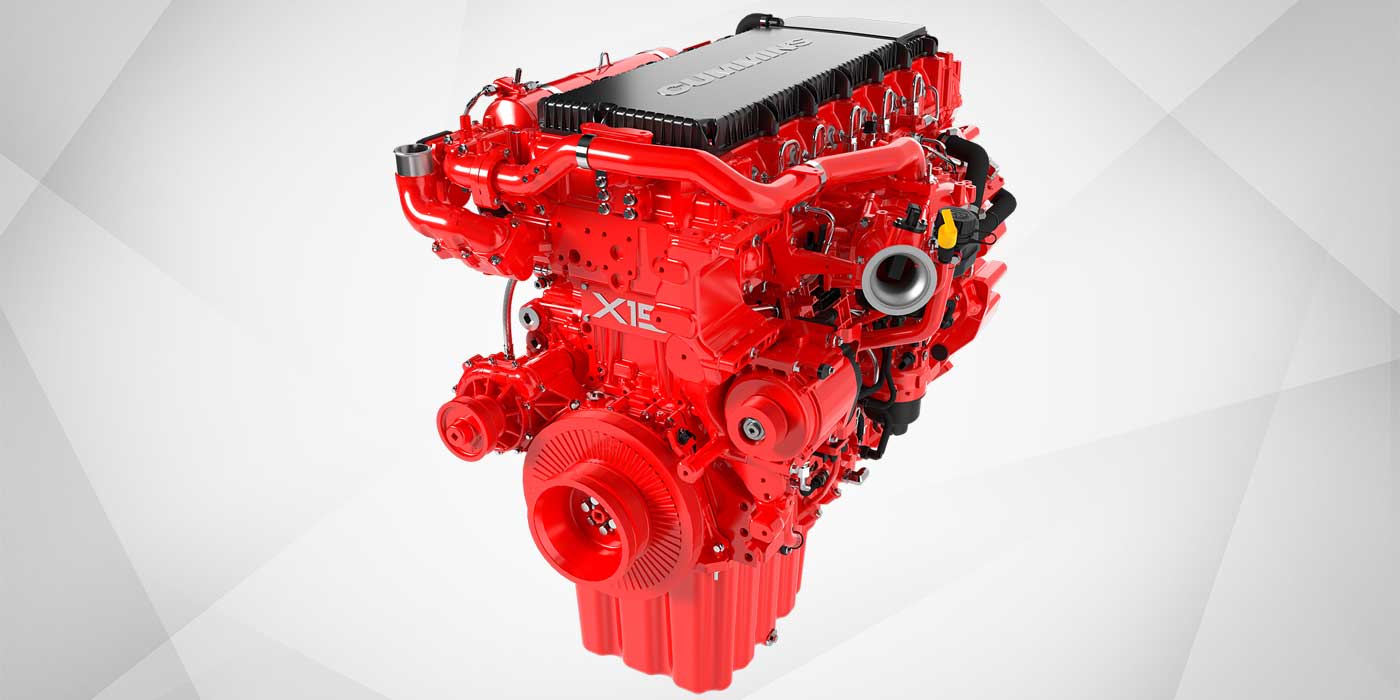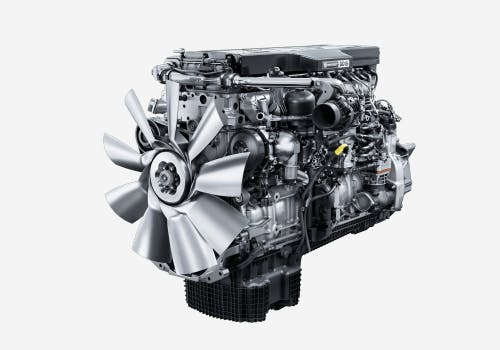A Full Guide to Picking the Right Engine for Your Project
Picking the ideal engine for your task is a crucial decision that can significantly influence its total success. Each of these components plays a crucial function in making sure that your chosen engine not only meets instant goals but also straightens with lasting ambitions.
Define Your Project Demands
Defining your task requires is an essential step in selecting the ideal engine for effective application. An extensive understanding of your job's objectives will guide you in recognizing the functions and capabilities needed from an engine. Begin by outlining the range of your project, including the wanted performance, target market, and the particular end results you aim to accomplish.
Following, consider the technological needs that straighten with your job objectives. This consists of evaluating the compatibility of the engine with existing systems, in addition to the programs languages and frameworks that will be made use of. Additionally, evaluate the degree of scalability required to accommodate future development or adjustments sought after.
Budget restrictions likewise play an essential role in defining your job requires. Develop a clear economic structure to guide your decision-making process, making sure that the engine picked fits within your budget while supplying the required functionality.
Evaluate Performance Demands

Next, think about the scalability of the engine. Examine whether it can take care of raised work as your task expands. Engines that sustain straight scaling are commonly better for bigger applications. In addition, examine the engine's efficiency under different conditions, such as peak usage circumstances, to guarantee it fulfills your dependability requirements.
Consider Ease of Usage
While technological specs are vital, the ease of usage of an engine can substantially impact the development procedure and general task success. An instinctive interface, clear documentation, and structured workflows can significantly reduce the discovering curve for developers, allowing them to focus on imagination and analytic rather than grappling with complex devices.
When assessing an engine's convenience of use, consider the onboarding experience. A well-structured introduction, complete with tutorials and sample tasks, can help with a smoother change for new customers. Furthermore, the quality and comprehensiveness of the engine's paperwork play an important function; thorough guides and API referrals can empower programmers to troubleshoot and apply features effectively.
Another element to take into consideration is the engine's customization abilities. An engine that allows for easy alterations can be more easy to use, as programmers can tailor it to fit their certain demands without comprehensive problem. Evaluate the process assimilation with platforms and tools you already use. A natural ecological community can enhance efficiency and decrease rubbing during the development my site procedure. Eventually, picking an engine that focuses on convenience of use can lead to a much more satisfying and effective growth experience.
Assess Area and Assistance
The strength of an engine's neighborhood and support network can substantially influence a programmer's experience and success. When examining an engine, consider the dimension and activity degree of its area.
Furthermore, review the accessibility of main support networks. Reputable documents, responsive consumer support, and routine updates are important for resolving technical problems and maintaining your project on the right track. Engines For Africa. Active neighborhoods additionally foster partnership, giving opportunities for networking and comments, which can be invaluable, especially for tiny teams or independent designers
In addition, investigate the presence of community-run events, such content as meetups or hackathons. These celebrations can improve your understanding of the engine while connecting you with skilled individuals and possible partners. In summary, a robust neighborhood and assistance system not just improve advancement however likewise develop a setting for finding out and technology, ultimately enhancing the likelihood of your project's success.
Compare Cost and Licensing Options
Budget considerations play an essential role in selecting the best engine for your project, as the cost and licensing alternatives can dramatically influence both temporary costs and long-lasting practicality. Engines For Africa. Different engines offer differing rates frameworks, which can include one-time acquisition costs, membership designs, or revenue-sharing contracts based on your task's revenues

Licensing alternatives additionally vary considerably. Some engines are open-source, providing flexibility and community-driven assistance, while others might require exclusive licenses that limit usage and circulation. Comprehending the implications of each licensing model is essential, as it impacts ownership civil webpage liberties, future scalability, and prospective legal commitments.
Final Thought
In conclusion, picking the proper engine for a project demands a complete examination of defined job needs, efficiency requirements, convenience of use, area support, and cost considerations. By methodically dealing with these critical variables, decision-makers can make sure alignment with both future and current job demands. A knowledgeable choice eventually enhances the probability of task success, making it possible for reliable source allotment and taking full advantage of prospective end results within the defined monetary constraints.
Choosing the ideal engine for your project is a critical decision that can dramatically impact its general success.Specifying your task needs is a vital action in selecting the suitable engine for effective execution. A comprehensive understanding of your job's goals will certainly guide you in identifying the features and abilities required from an engine.Once you have a clear understanding of your job requires, the following action is to review the efficiency requirements of the engine.In conclusion, selecting the suitable engine for a job requires a thorough assessment of defined job requirements, efficiency needs, convenience of usage, community assistance, and expense factors to consider.